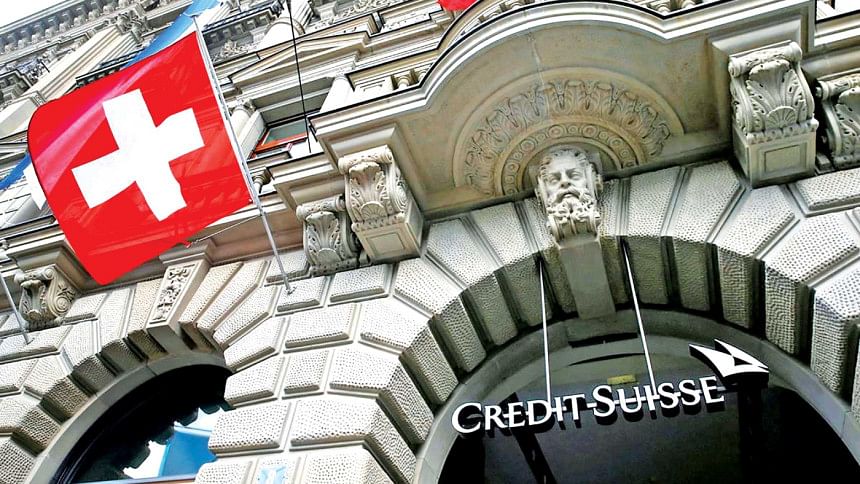Massive leak piles pressure on Swiss banking practices

An extraordinary leak from one of the world's iconic private banks, Credit Suisse, has exposed the hidden wealth of clients involved in torture, drug trafficking, money laundering, corruption and other serious crimes.
Among the people listed as holding amounts worth hundreds of millions of dollars in Credit Suisse accounts were King Abdullah II of Jordan and the two sons of the former Egyptian strongman Hosni Mubarak.
The other account holders included sons of former Pakistan intelligence chief Akhtar Abdur Rahman Khan, who helped funnel billions of dollars from the US and other countries to the mujahedeen in Afghanistan in the 1980s and Venezuelan officials ensnared in a long-running corruption scandal.
A human trafficker in the Philippines, a Hong Kong stock exchange boss jailed for bribery, a billionaire who ordered the murder of his Lebanese pop star girlfriend and executives who looted Venezuela's state oil company, as well as corrupt politicians from Egypt to Ukraine, were unmasked in the leak.
One Vatican-owned account in the data was used to spend €350m (£290m) in an allegedly fraudulent investment in a London property that is at the centre of an ongoing criminal trial of several defendants, including a cardinal.
A self-described whistle-blower leaked data on about 30,000 Credit Suisse clients, collectively holding more than $100 billion, to the German newspaper Süddeutsche Zeitung.
The newspaper shared the data with a non-profit journalism group, the Organised Crime and Corruption Reporting Project, and 46 other news organizations around the world, including The New York Times, Guardian and Le Monde.
The data covers accounts that were open from the 1940s until well into the 2010s but not the bank's current operations.
The leak points to widespread failures of due diligence by Credit Suisse despite repeated pledges over decades to weed out dubious clients and illicit funds. Accounts were opened for people whose problematic backgrounds would have been obvious to anyone who ran their names through a search engine.
The new disclosures are bound to intensify legal and political scrutiny of the Swiss banking industry and, in particular, Credit Suisse.
"I believe that Swiss banking secrecy laws are immoral. The pretext of protecting financial privacy is merely a fig leaf covering the shameful role of Swiss banks as collaborators of tax evaders," the whistle-blower said in a statement.
Credit Suisse denies any wrongdoing in its business practices.
Many of the accounts in the leak date back decades to a time when laws, practices and expectations of financial institutions were very different from where they are now, the bank said in a statement.

 For all latest news, follow The Daily Star's Google News channel.
For all latest news, follow The Daily Star's Google News channel. 



Comments